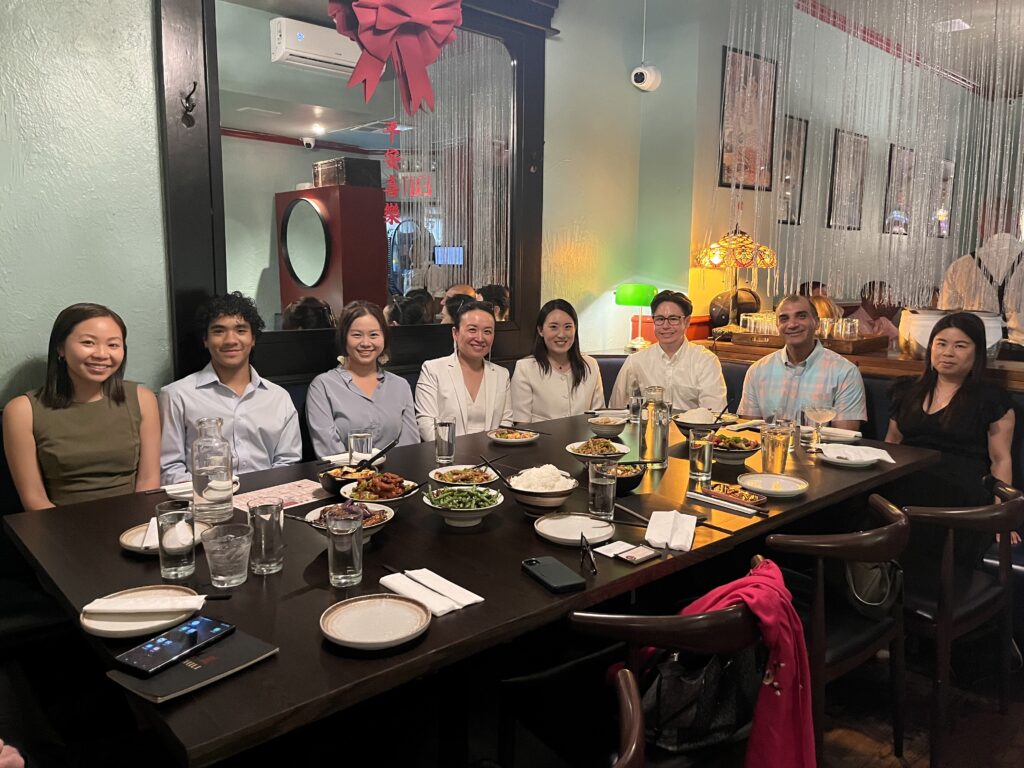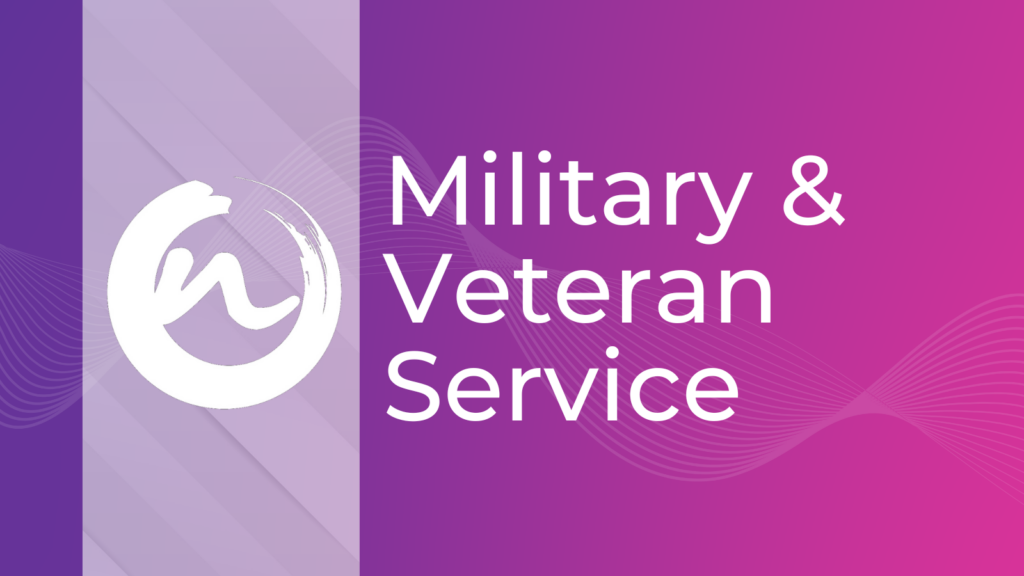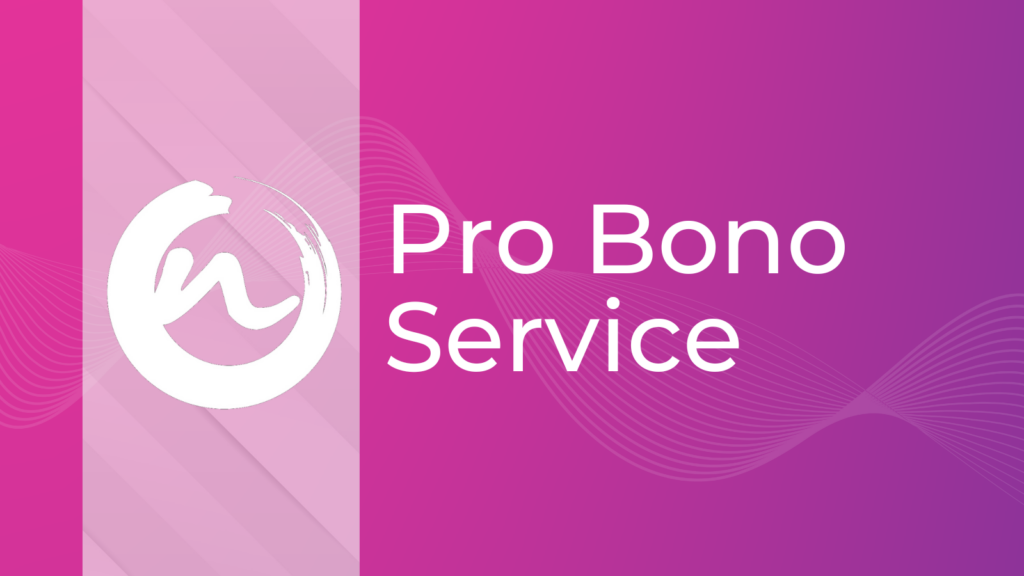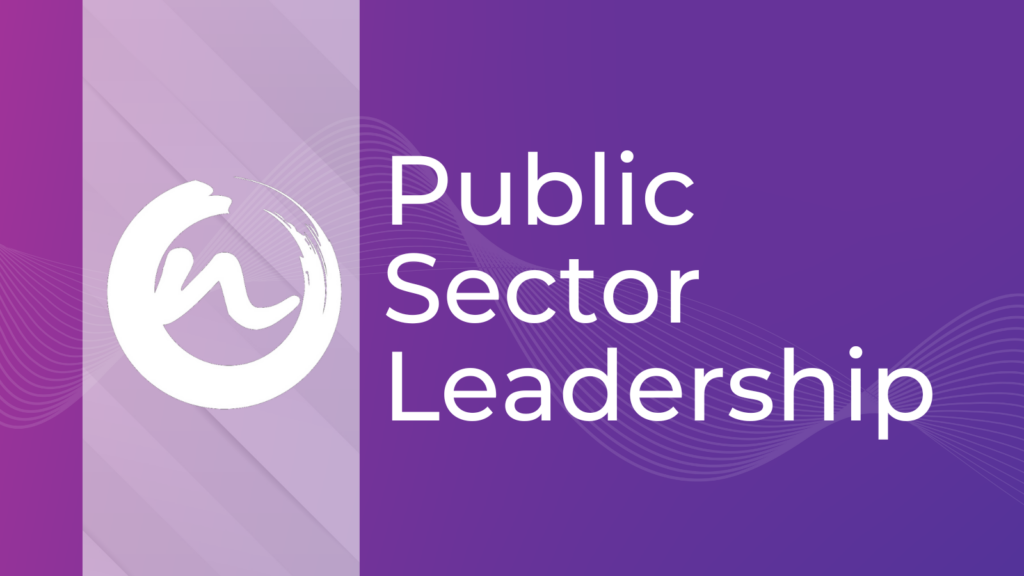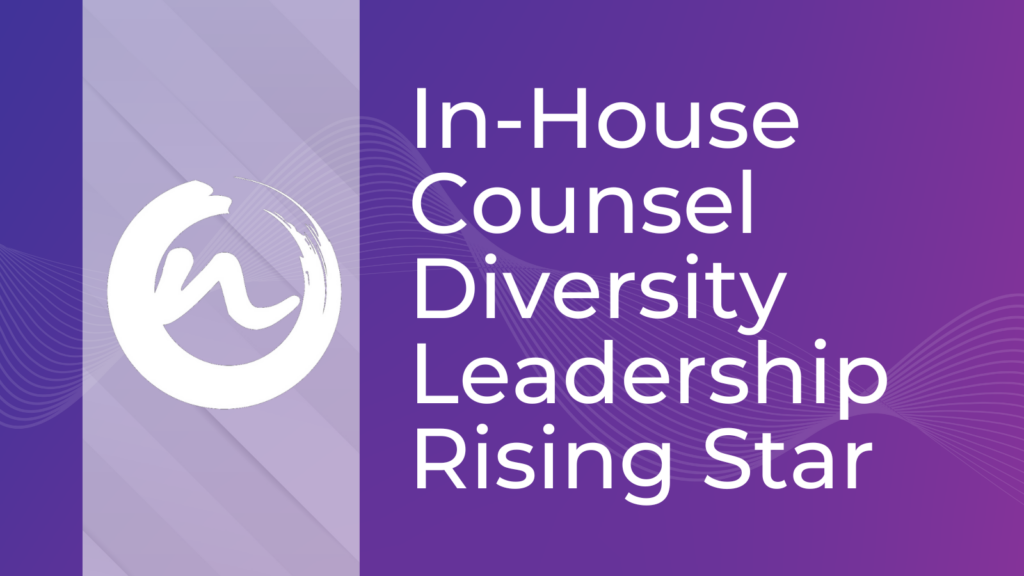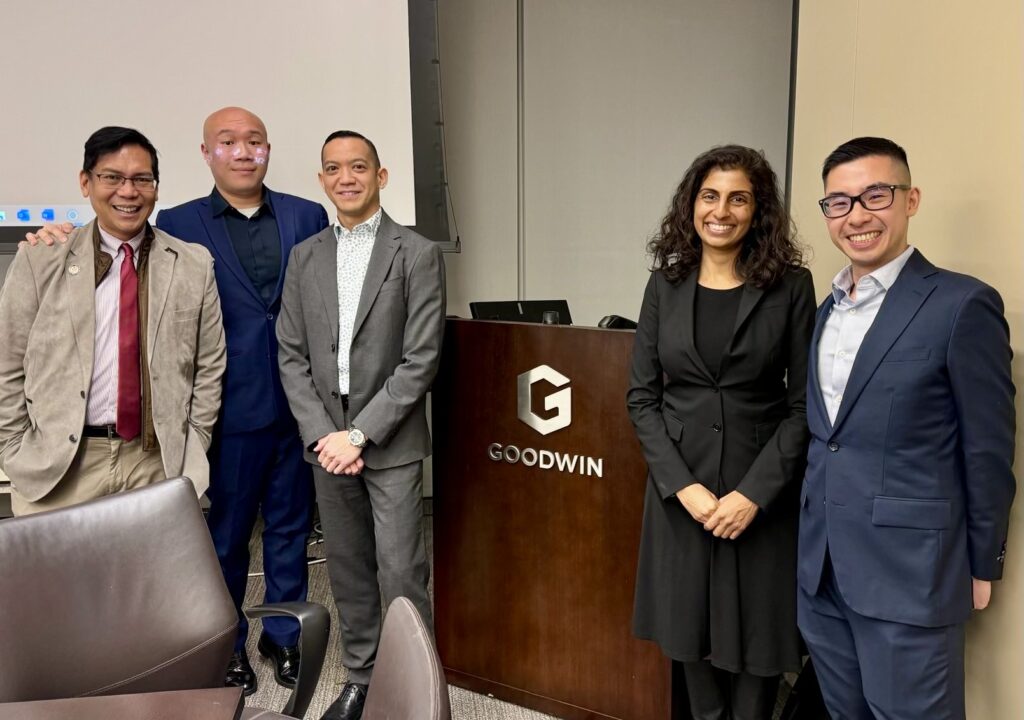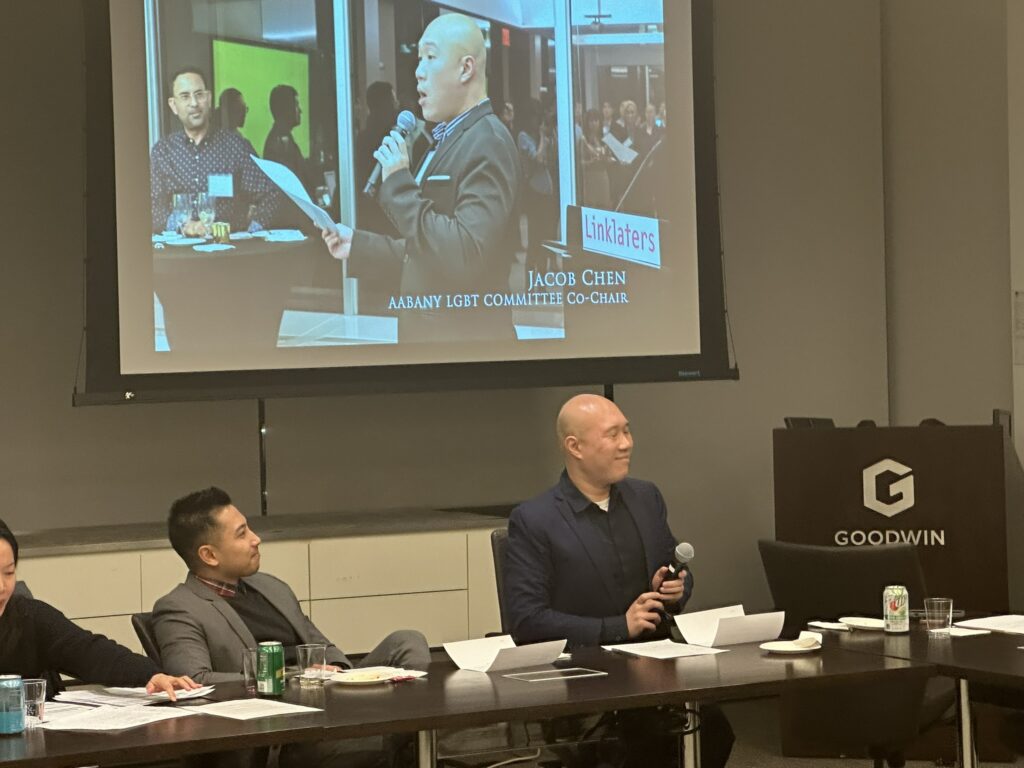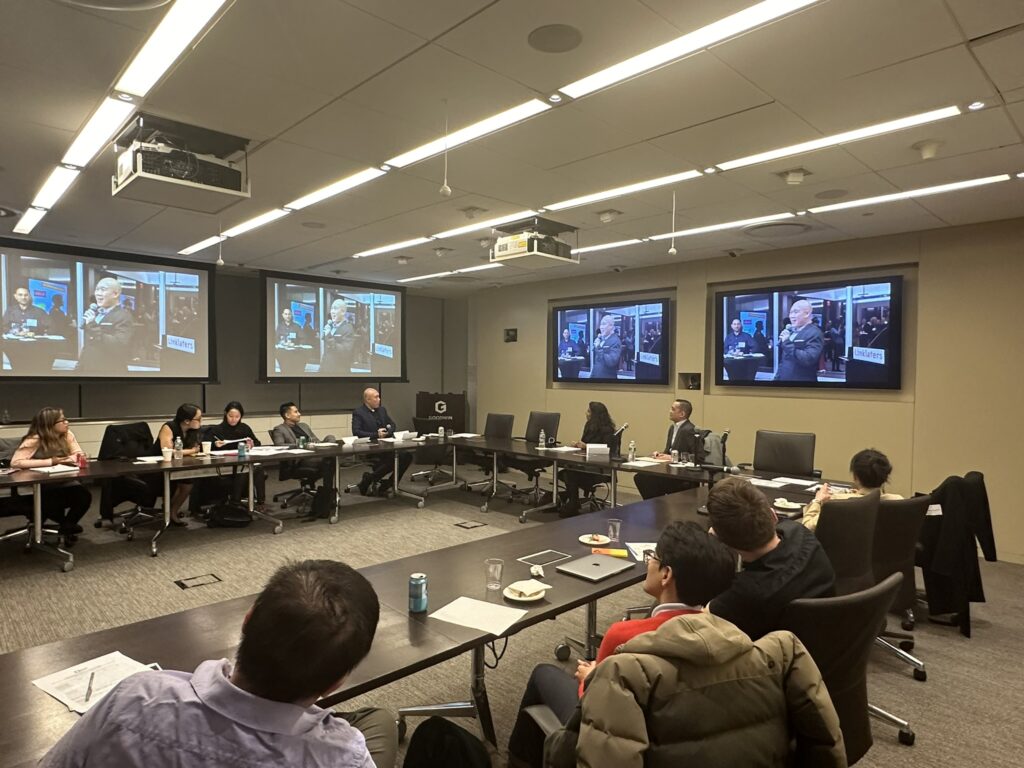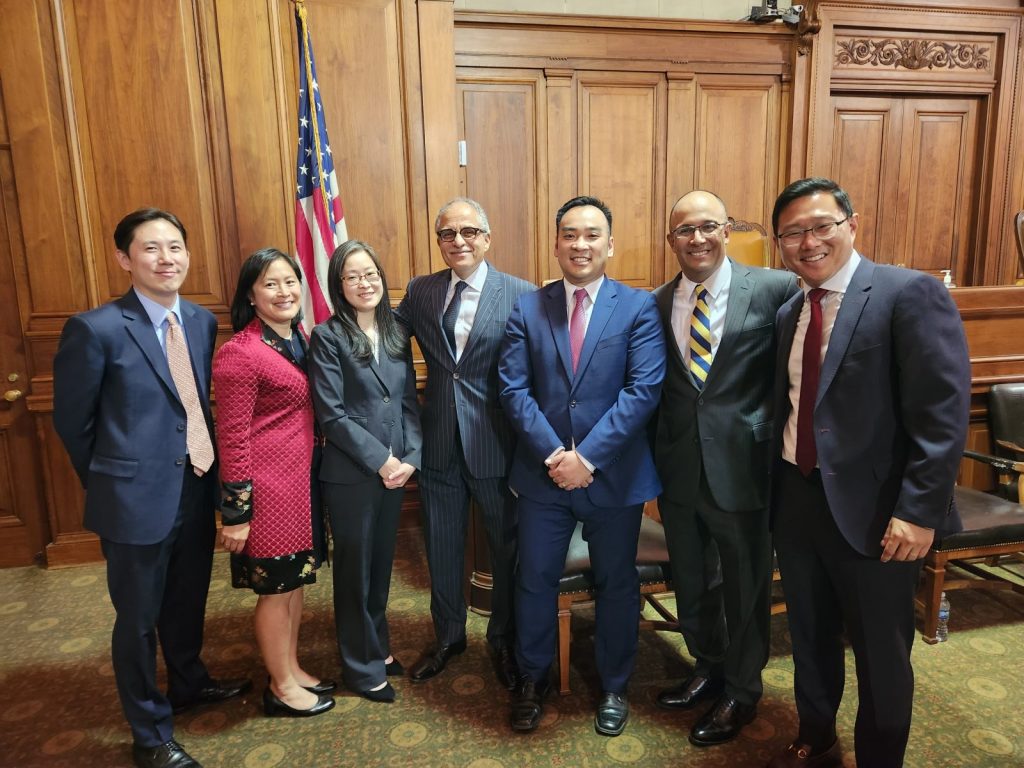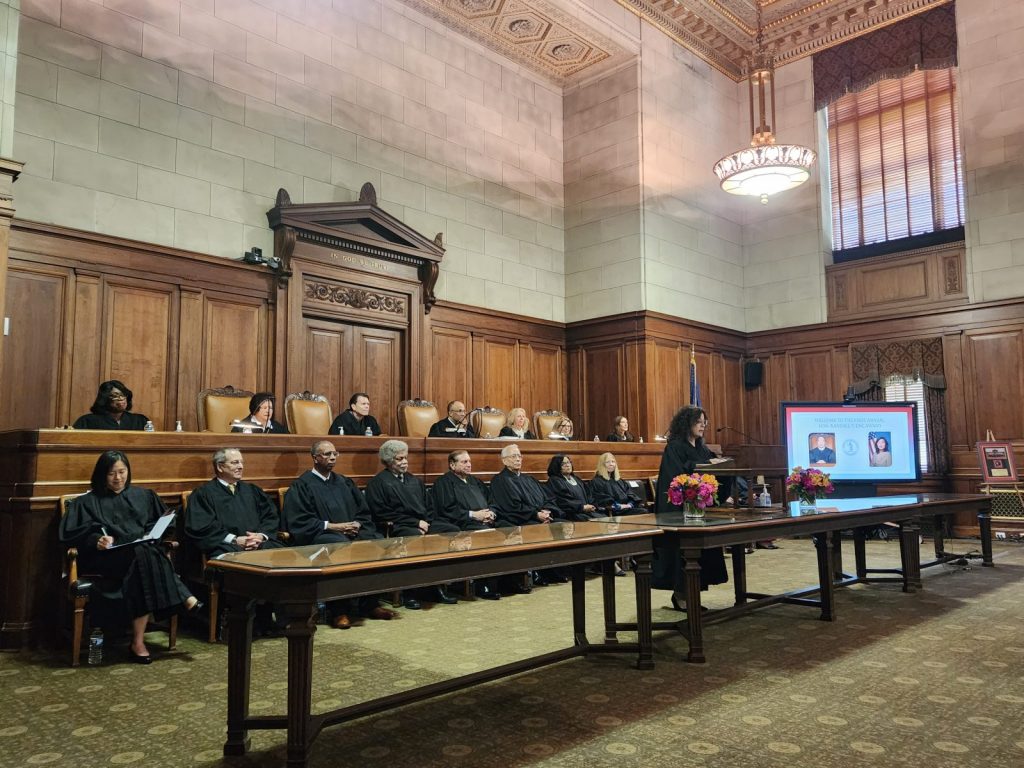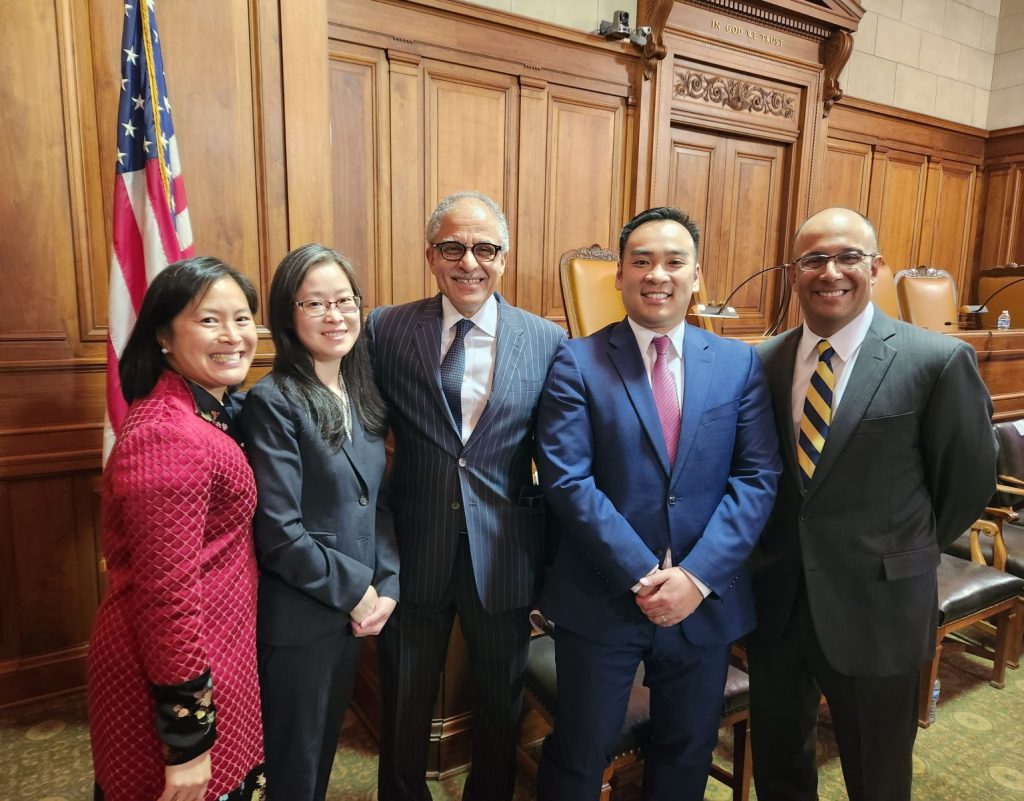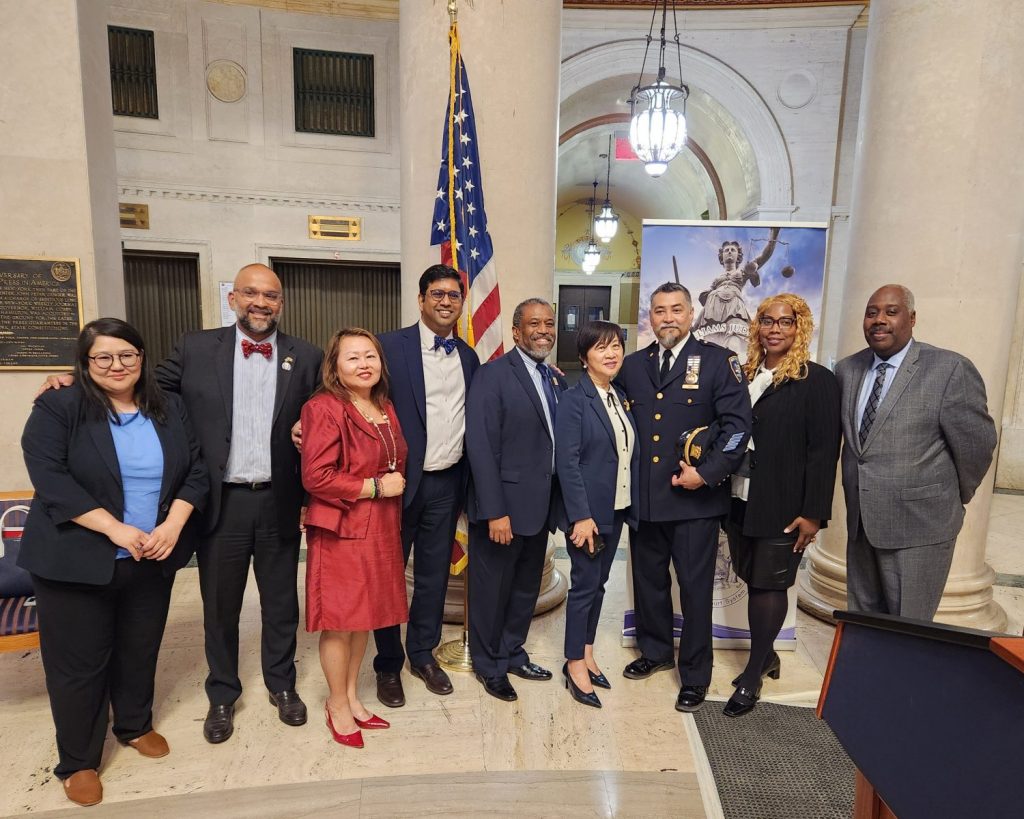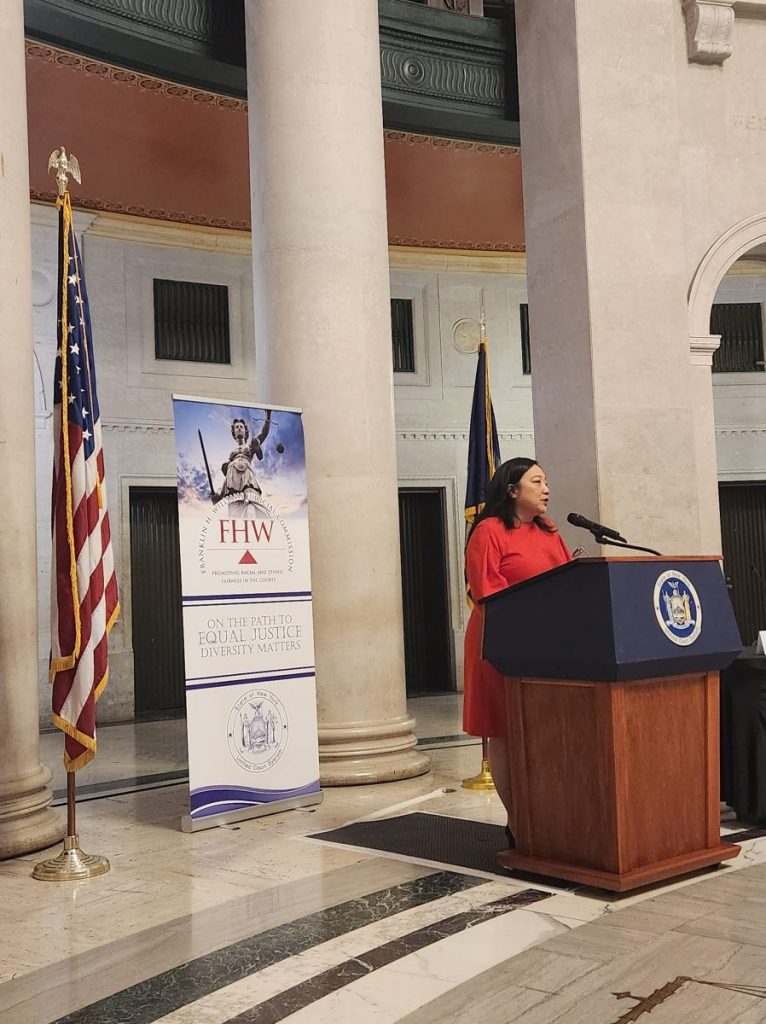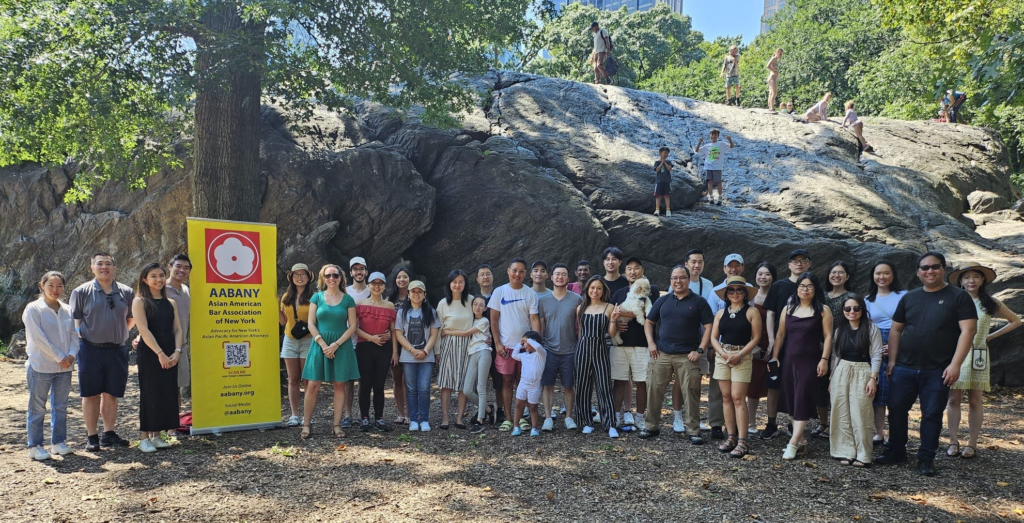
On August 10, 2024, AABANY’s Young Lawyers Committee (YLC) hosted the AABANY Annual Picnic in the Heckscher Playground picnic area in Central Park. The event, which began at 11:00 am and ended at 4:00 pm, enjoyed bright, warm, and sunny weather. It connected various members of different positions and backgrounds, from various committees. Members chatted and relaxed in the sunshine, some with pets, others with their young children, all sharing food provided by the Saigon Vietnamese Sandwich Deli. (Additionally, Saigon Vietnamese Sandwich Deli has been touted on the internet as a contender for New York’s best Bahn Mi spot, and has largely remained in business during and after the struggles of the pandemic due to community patronage, so AABANY encourages everyone to go support them.) Among the many attendees were Yang Chen, AABANY Executive Director, Alice Biagini, AABANY Deputy Executive Director, Terrence Shen, AABANY President in 2021, and various other Committee Chairs and members. YLC’s Co-Chairs Justin Lee and Jameson Xu organized the event and were in attendance as well.
The Young Lawyers Committee has taken up responsibility for this annual picnic, to the delight and appreciation of the many AABANY members who attend.. The significance of this event is broad and cannot be overstated: it allows a brief but much-appreciated respite from the trials of daily life and connects the diverse aspects of AABANY’s large and far-reaching community.
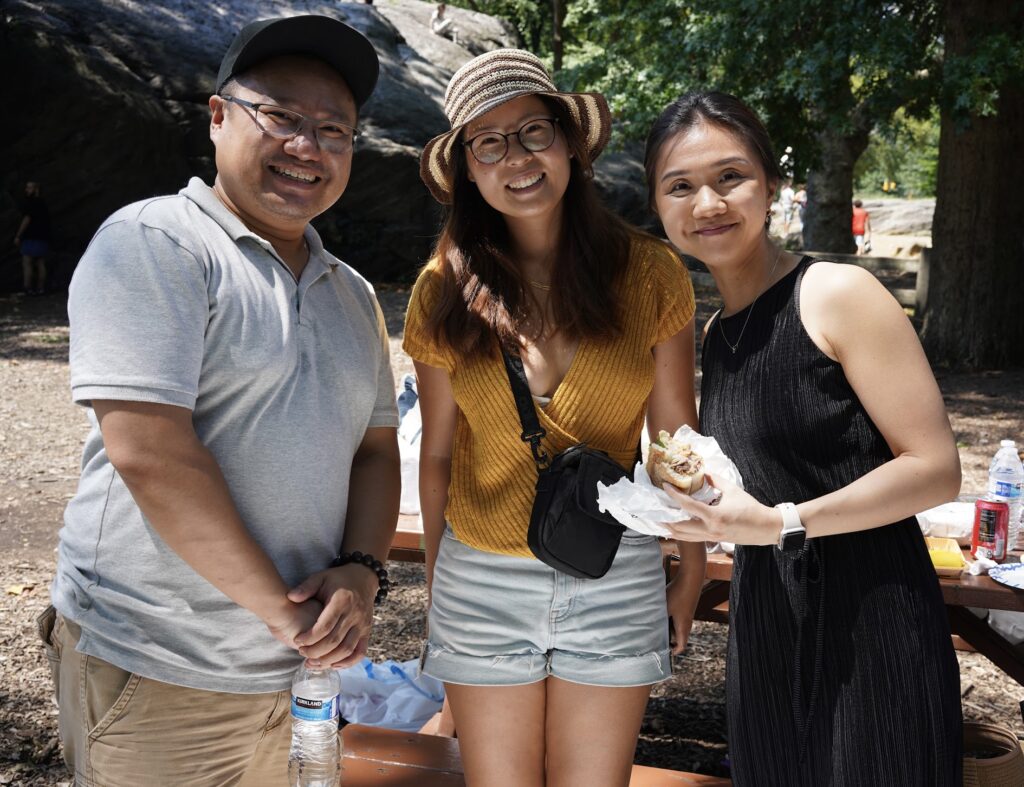
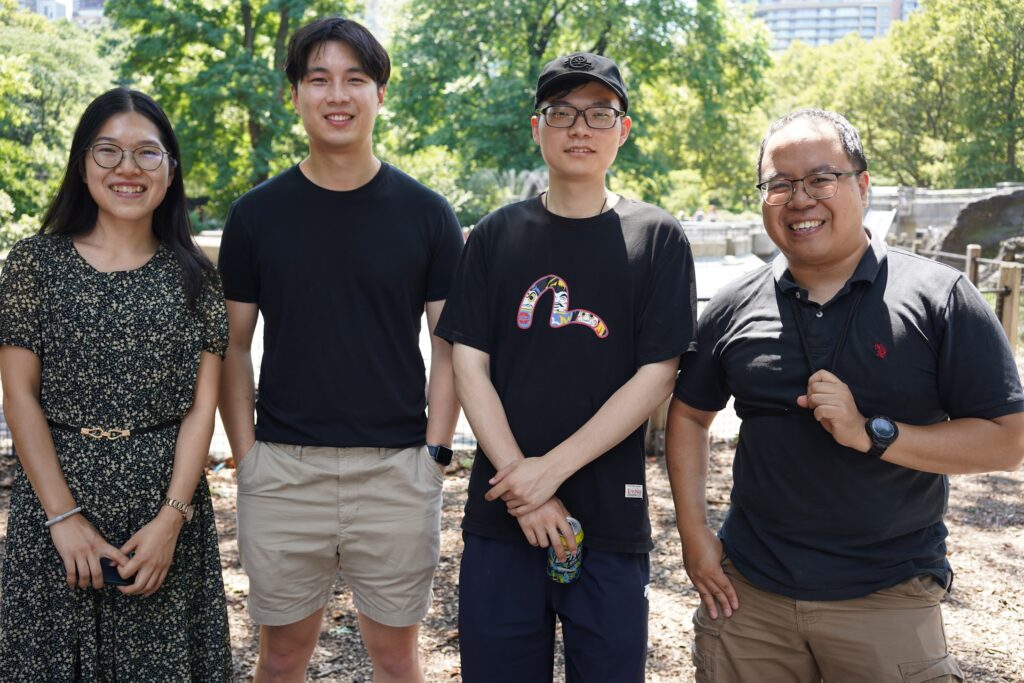
Thank you to everyone who spent their Saturday with AABANY and contributing to our vibrant association. AABANY thrives on participation and passion, and AABANY would not be as robust without you all. Thank you to the Young Lawyers Committee, and to Co-Chairs Justin and Jameson, for their dedication and hard work in planning, organizing, and executing this perennial favorite.
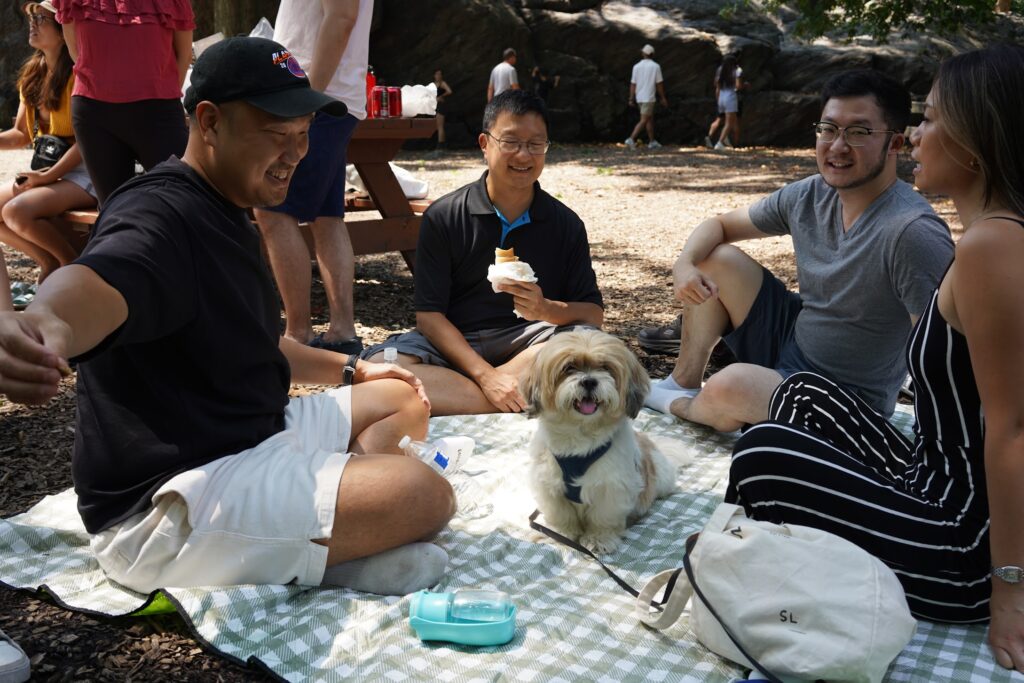
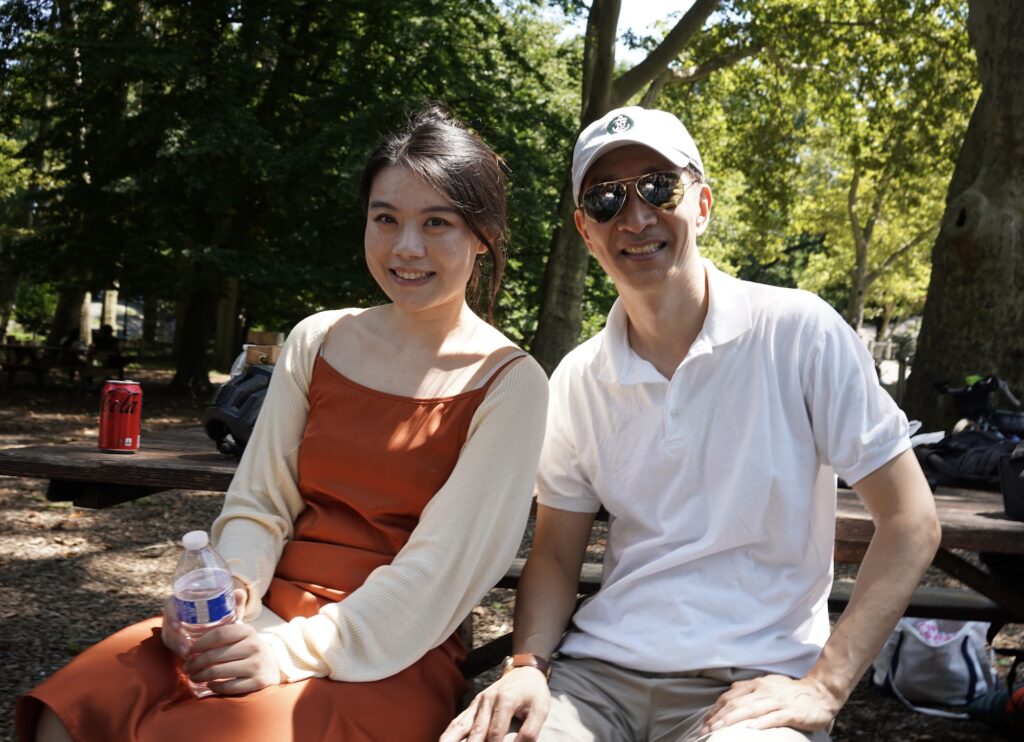
To see photos from the picnic, view the album here.
To learn more about the Young Lawyers Committee please click here.


